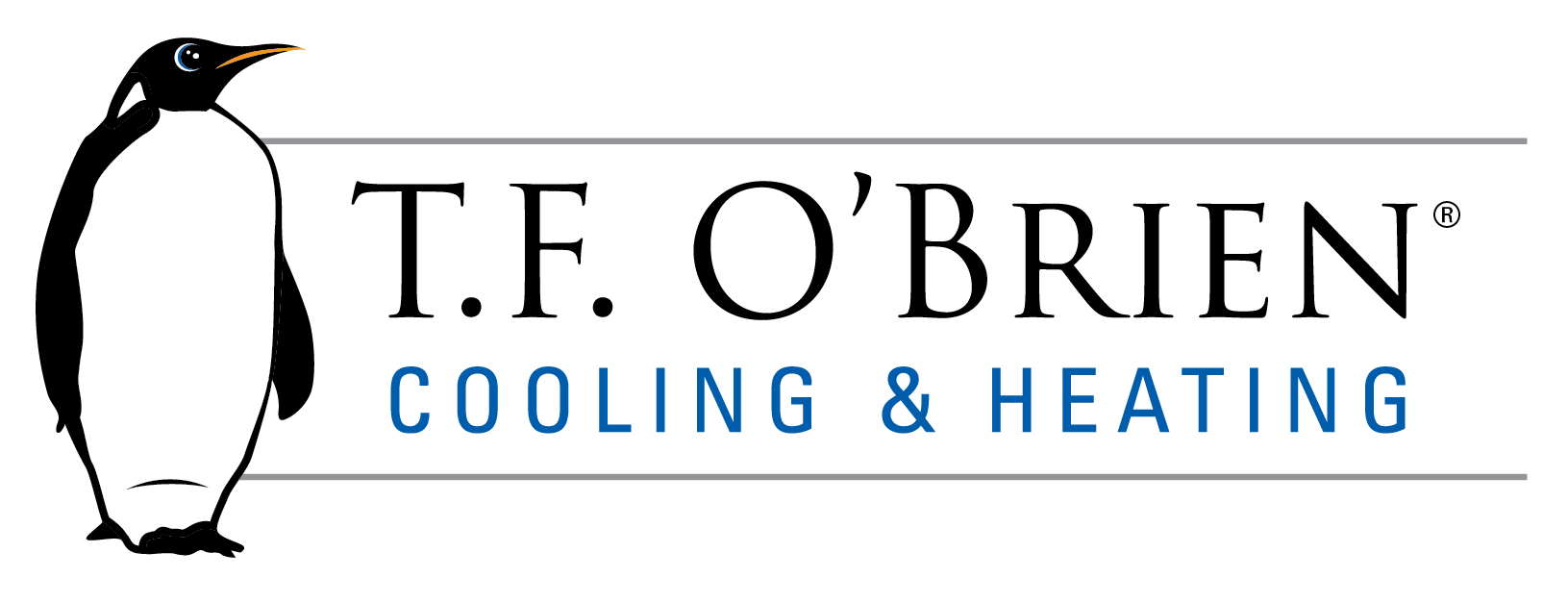Do you have a steam or hot water heating system? Do you rely on an old, inefficient boiler to heat that water that heats your home? Do you cringe every time you open your heating bill? Did you know that high efficiency boilers cut energy costs?
It’s true. You can save a considerable amount of money on your energy bill by switching to a high efficiency boiler.
Two Types of Boilers
Boilers heat water for use in heating systems. There are two basic types of boilers:
1. Steam boilers, which transports the steam to steam radiators
2. Hot water boilers, which sends the water to baseboard radiators, radiant floor systems, or a coil system
Because steam boilers operate at higher temperatures than do their hot water counterparts, they are a little less efficient than hot water boilers. However, high efficiency boilers come in both steam and hot water models.
Understanding Efficiency Ratings of Boilers
The annual fuel utilization efficiency (AFUE) tells you how efficient “high efficiency boilers†really are. The AFUE is calculated by taking the total heat output of the boiler compared to the total energy consumption of the unit. For instance, an AFUE of 90 means that 90 percent of the fuel’s energy is used to heat your home. (Only 10 percent of the fuel’s energy is wasted).
Finding the AFUE of high efficiency boilers is easy. By law, the AFUE must be displayed on all new boilers. Just keep these facts in mind:
· The higher the AFUE, the higher the efficiency level of the boiler.
· Mid-efficiency boiler will have an AFUE of 80% to 89%.
· High efficiency boilers will have an AFUE of 90% to 97%.
· The minimum allowable AFUE for a fossil-fueled boiler is 80 percent.
· The minimum allowable AFUE for a steam boiler is 75 percent.
If you want to save a lot of money on your energy bills this winter, without sacrificing comfort, buy a high efficiency boiler. You’ll be glad that you did.
T.F. O’Brien services the Long Island, New York area.
Our goal is to help educate our customers about energy and home comfort issues (specific to HVAC systems). For more information about preventive maintenance and other HVAC topics, please download our free Home Comfort Resource guide.
